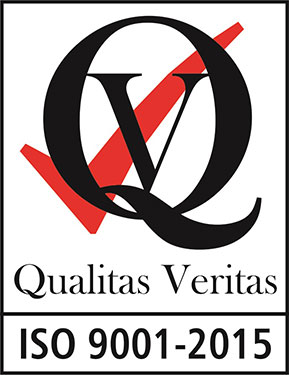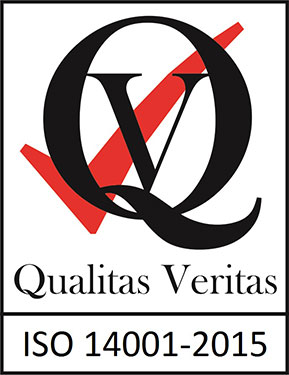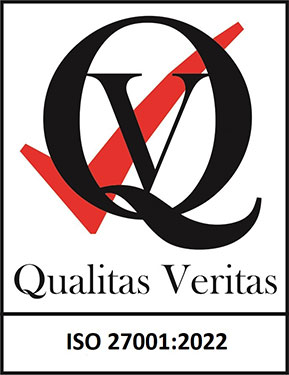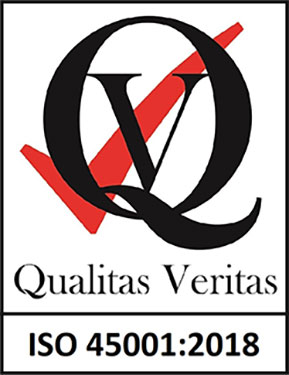There are several differences between letting a domestic property and letting business premises which both landlords and tenants need to be aware of. One of the most significant differences is that when renting a commercial property, a business will usually have to pay dilapidations costs to account for any damage incurred during the tenancy. The landlord will then use this money to get the property back to its original condition. Alternatively, the tenant may opt to handle this work themselves before their tenancy ends.
The exact definition of dilapidations should always be clearly outlined in the lease so that tenants are aware of their responsibilities. For example, the tenant may be expected to pay for or carry out general repairs and redecorating, but will not be responsible for issues such as roof and boiler repairs.
There are regulations in place to protect tenants from overly-inflated dilapidations claims. Before signing a lease, tenants can obtain a Schedule of Condition from a professional surveyor, which will contain evidence of any existing faults with the property. This protects them from having to pay for damage which was not their fault. Tenants may also find out the current value of the building and the theoretical value if it was in brand new condition; landlords will then be unable to claim any more than the difference between these two numbers.
One of the keys to successful dilapidations claims is for landlords and tenants to have strong working relationships with each other. As long as both sides have consistently acted correctly throughout the tenancy, it should be much easier to resolve dilapidations without having becoming involved in disagreements and disputes.
As specialists with property management in Barnet and throughout the rest of the capital, we can give landlords and occupants the best chance of building these strong links right from the very beginning, helping the entire process to go smoothly. Please contact us if you would like further information about our management services.




